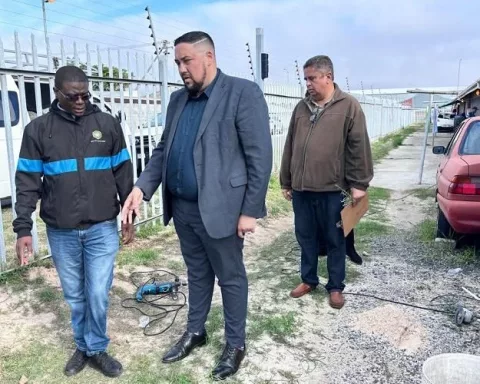The ongoing issue of skills shortages in South Africa has become a growing concern for businesses in the region. The Department of Higher Education and Training (DHET) is taking steps to address this issue by launching a survey to identify high-demand occupations, occupational shortages, and skills gaps at national and provincial levels.
Identifying Skills Shortages
The DHET’s Labour Market Intelligence unit has initiated a survey to identify skills gaps and high-demand occupations. The survey aims to provide a clearer understanding of the skills shortages in the country and develop strategies to attract skilled professionals to promote economic growth.
Impact of Visa Restrictions
Mireille Wenger, Provincial Minister of Finance and Economic Opportunities, highlights the negative impact of the current visa regime on businesses. She notes that the “broken visa regime” is consistently cited as a significant factor hindering growth. The existing visa regime is discouraging foreign investment and impeding the expansion of existing businesses, which are vital for job creation and economic growth.
Role of Critical Skills Visas
Critical skills visas play a crucial role in facilitating foreign investment by enabling individuals with specialized skills to enter South Africa and contribute to the development of new sectors, expand existing ones, and transfer unique skills to the local workforce. Investment and critical skills visas are thus essential for fostering economic growth and job creation.
Complementary Surveys
To complement the DHET survey, the Western Cape Government’s Tech and Innovation team within the Department of Economic Development and Tourism is conducting a companion survey. This survey will gather information on businesses’ experience with, awareness of, and intention to use the Scarce Skills Work Visa. The data collected from this survey will be instrumental in creating a provincial list of high-demand occupations.
Importance of Participation
Wenger urges businesses in the Western Cape to participate in the surveys to identify skills gaps and contribute to unblocking the barriers hindering economic growth and job creation. The insights gained from both surveys will not only aid the Western Cape Government in its lobbying efforts but also help address the key constraint on private sector growth.
Addressing Inefficiencies
Addressing the inefficiencies in the visa regime is crucial for fostering economic growth and job creation in the Western Cape and South Africa. The participation of businesses in both surveys is a positive step towards unlocking the potential for growth in the economy and the job market. By working collectively to improve the existing system, stakeholders can better support and expand businesses in the region, attract foreign investments, and create more job opportunities for local residents.








